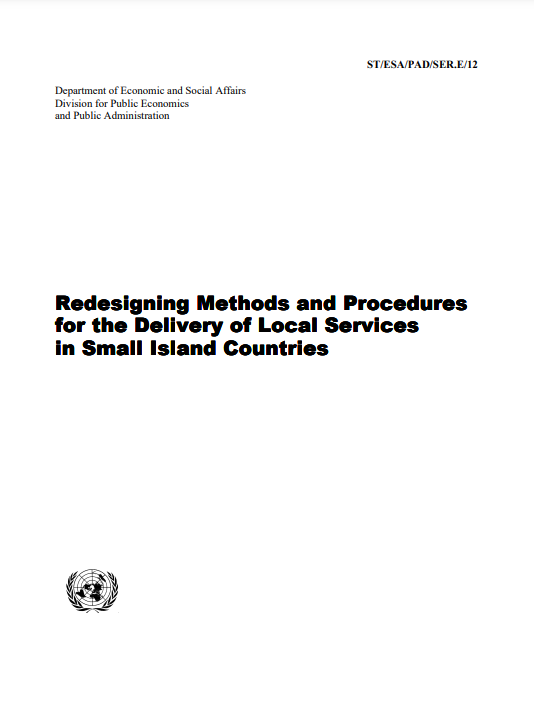
Recently, in many developing countries, a variety of administrative reform efforts have been initiated as a means to promote sound development under the concept of promoting “good governance.” One important consequence is that the improvement of government performance has been examined from various aspects. So far, these studies have shed light on several important elements of public organizational change including decentralization, privatization, new forms of financial management and so on. In line with this trend, great attention has been paid to efficient management of government activities with discussions on this especially focused on the role of effective government in terms of encouraging sustainable development. However, issues regarding public service delivery, especially in developing countries—and particularly as regards appropriate management systems, effective methods and procedures of government and the use of partnerships with other service providing bodies—has not received adequate attention. This is especially so as regards small island countries, which frequently face common problems for providing public services to their citizens—which, in turn, are complicated by both their geographical characteristics as well as their limited resources.
 Welcome to the United Nations
Welcome to the United Nations